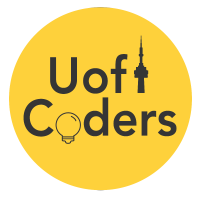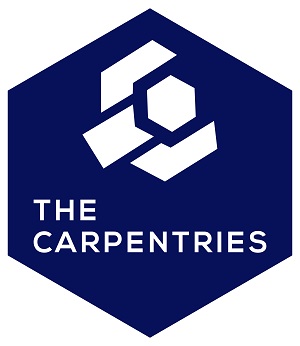About
Welcome to the R Manual!
The R Manual is a centralized hub of educational content to support students in the department of Ecology & Evolutionary Biology as they progress through their program and get exposed to doing biological analysis in the programming language R. The goal is to provide a centralized resource accessible by all students that acts as a touchstone for all R-based learning in the department.
How Should You Use This Manual?
What a good question. This is not supposed to be an exhaustive treatise on all things R. This is supposed to be a launching pad, specifically designed with your course content requirements in mind, to get you started learning the wonderful world of R. There are tons of things we’ll only touch on briefly (or not at all!) and we don’t want you to think that this page is the be-all and end-all of R. However, we do want you (the student) to use this resource as an initial jumping off point when starting to work in R, or when you have a question about R. Here we’ve tried to include pieces of content that students often need when they start their learning journey. The goal is to get you off the ground, then you can specialize your skills how you want later.
That’s enough for now, scroll down to find the basic components we cover here in the R manual and click on a section to get started with your learning journey. As a side note, we will soon have complete search functionality for this site! Stay tuned for that.
About R Manual
Learn more about this project
The R Manual is a resource contributed to by several authors and led by Dr. Shelby Riskin, and Dr. Jacqueline Sztepanacz. This resource is not officially affiliated with the R Programming language, but aims to help students with the steep learning curve associated with learning R for the first time.
Funding
This project is made possible through the University of Toronto Learning & Education Advancement Fund (LEAF) program
Additional Resources

U of T Coders
Student-led UofT support system for learning programing

The Carpentries
Software and Data Carpentries resources and workshops

R Modules (UofT Libraries)
Self-paced quercus modules on R and data visualization